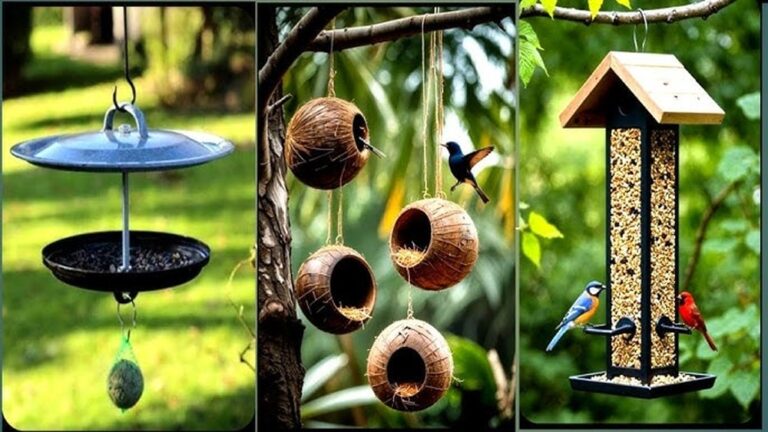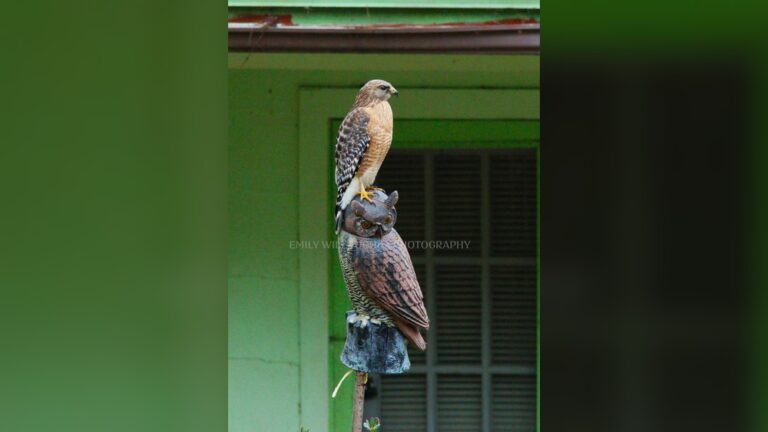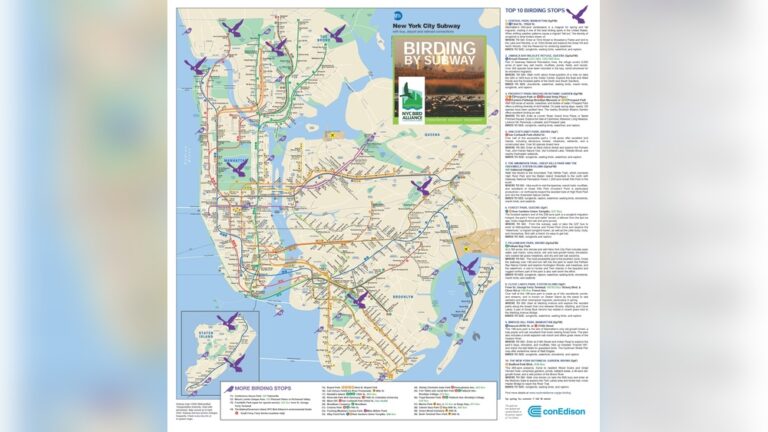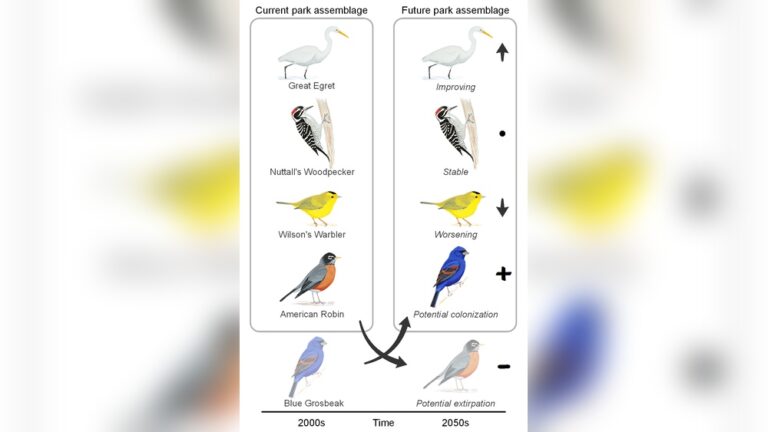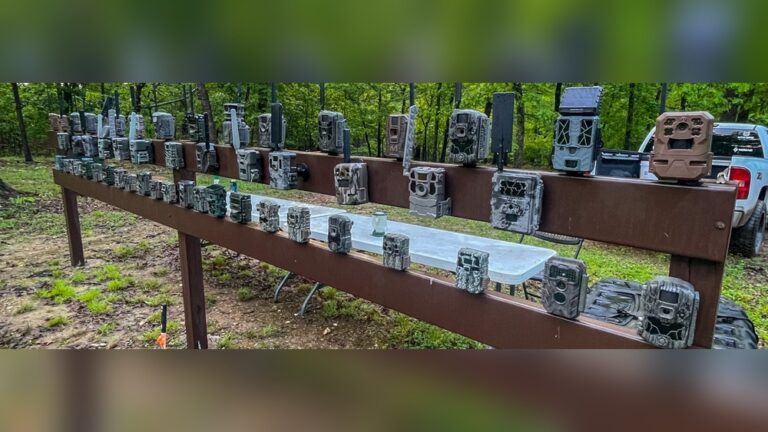How To Keep Hawks Away From Your Yard
Are hawks swooping down and making your yard feel unsafe? You’re not alone.
These sharp-eyed birds can be a real challenge if you want to protect your garden, pets, or small animals. But don’t worry—there are simple, effective ways to keep hawks away without harming them. You’ll discover practical tips that work, so you can enjoy your outdoor space with peace of mind.
Ready to take back your yard? Let’s dive in.
Signs Of Hawks In Your Yard
Noticing hawks in your yard can be unsettling. These birds are skilled hunters and can pose a threat to smaller pets and birds. Recognizing signs of hawks early helps protect your yard and its inhabitants.
Hawks leave clear clues of their presence. Watching closely can help you spot these signs before problems start. Understanding the species and their habits makes it easier to identify hawk activity.
Common Hawk Species Nearby
Several hawk species live close to homes and parks. Red-tailed Hawks are common and easy to spot by their reddish tails. Cooper’s Hawks are smaller with rounded tails and fast flight. Sharp-shinned Hawks are similar but smaller and more secretive. Knowing these species helps identify which hawk visits your yard.
Behavior Patterns To Watch
Hawks often perch on tall trees or poles, watching for prey. They may circle high in the sky or glide silently over your yard. Sudden dives toward the ground often mean they are hunting. Listen for sharp, piercing calls, especially during early morning or late afternoon. Frequent visits and repeated flights over your yard signal hawk activity.

Credit: www.youtube.com
Why Hawks Visit Yards
Hawks visit yards for simple reasons. They search for food and safe places to rest or build nests. Understanding why hawks come to your yard helps in keeping them away effectively.
Food Sources Attracting Hawks
Hawks hunt small animals like mice, rabbits, and birds. Yards with lots of these animals attract hawks. Bird feeders can also attract small birds, which hawks see as prey. Open spaces where animals move freely make hunting easier for hawks.
Shelter And Nesting Spots
Hawks look for tall trees or quiet areas to build nests. Yards with large trees or dense bushes provide good shelter. These spots offer safety from predators and harsh weather. Hawks return to places where they find safe nesting sites.
Physical Deterrents To Use
Physical deterrents offer simple and effective ways to keep hawks away from your yard. These methods use objects and light to create a space hawks avoid. They work by making your yard seem unsafe or uncomfortable for these birds. Using physical deterrents helps protect small pets and garden areas from hawk attacks.
Scarecrows And Decoys
Scarecrows are classic tools to scare birds. A large human-like figure can make hawks think a person is nearby. Place scarecrows in open spots where hawks like to perch or hunt. Change the position of scarecrows often. This keeps hawks from getting used to them. Decoys of larger birds, like owls or eagles, also work well. They trick hawks into thinking a bigger predator is close.
Reflective Objects And Lights
Reflective objects create flashes of light that startle hawks. Hang old CDs, aluminum foil strips, or shiny tape around your yard. These reflections confuse and scare the birds. Moving these objects helps keep the effect strong. Lights can also deter hawks. Bright spotlights or flashing lights make hawks feel unsafe. Use lights in areas hawks visit most. These simple tools reduce hawk visits effectively.

Credit: www.pamsbackyardchickens.com
Audio And Movement Deterrents
Audio and movement deterrents help keep hawks away from your yard. These tools make the area uncomfortable for hawks. They create noise or movement that scares hawks off. Using these deterrents can protect your garden and pets.
Noise Makers And Alarms
Noise makers create loud sounds that disturb hawks. Alarms can emit sharp, sudden noises. These sounds frighten hawks and make them avoid the yard. Devices like ultrasonic alarms work without bothering people much. Regular use of noise makers keeps hawks alert and away.
Wind Chimes And Moving Objects
Wind chimes produce random sounds with the breeze. Their irregular noise confuses hawks. Moving objects like spinning pinwheels or flags catch hawks’ attention. These objects move in the wind and scare hawks away. Placing wind chimes and moving objects around your yard helps protect it from hawks.
Yard Maintenance Tips
Keeping hawks away starts with good yard maintenance. A clean yard does not attract these birds. Regular care reduces places where hawks can hunt or hide. Simple steps can make a big difference.
Removing Food Attractants
Birds and small animals attract hawks. Remove bird feeders if possible. Keep pet food inside after feeding. Clean up fallen fruit from trees quickly. Store trash securely to avoid pests. These actions reduce the hawks’ food sources.
Trimming Trees And Shrubs
Hawks use tall trees for nesting and watching prey. Trim tree branches to reduce hiding spots. Keep shrubs low and thin near the ground. This makes your yard less inviting for hawks. Regular pruning keeps your yard open and clear.
Protecting Pets And Small Animals
Protecting pets and small animals from hawks is very important. Hawks see small creatures as prey. This makes yards risky for pets and outdoor animals. Taking steps to keep hawks away can save lives. Safety starts with good housing and careful watch.
Safe Housing Options
Provide strong cages or enclosures for pets. Use wire mesh with small holes to block hawks. Cover outdoor runs with netting on top. This stops hawks from swooping down. Shelters with roofs give extra protection. Place hiding spots inside for animals to feel safe. Keep cages away from open fields where hawks hunt.
Supervision Practices
Watch pets closely when they are outside. Stay near them during playtime. Hawks attack quickly; being alert helps prevent this. Avoid letting small animals roam alone. Bring them inside at dawn and dusk. These times are when hawks hunt most. Regular checks reduce the risk of surprise attacks. Supervision keeps pets safe and calm.
Legal And Ethical Considerations
Keeping hawks away from your yard requires more than just practical steps. Understanding the legal and ethical rules is very important. Protecting wildlife and following laws help keep a safe balance between humans and animals. Respecting hawks ensures their survival and your safety.
Local Wildlife Laws
Many places have laws that protect hawks. These birds are often protected by federal and state laws. It is illegal to harm, trap, or kill them. Some laws also protect their nests and eggs. Check your local wildlife regulations before taking action. Breaking these rules can lead to fines or legal trouble. Always learn the rules in your area to stay safe and respectful.
Humane Deterrent Methods
Using kind ways to keep hawks away is best. Scaring hawks with noise or visual signals works well. Reflective tape, fake owls, or loud sounds can help. Avoid harmful traps or poisons. These methods cause pain and can kill other animals. Humane ways protect hawks and other wildlife. They help keep peace in your yard without harm.
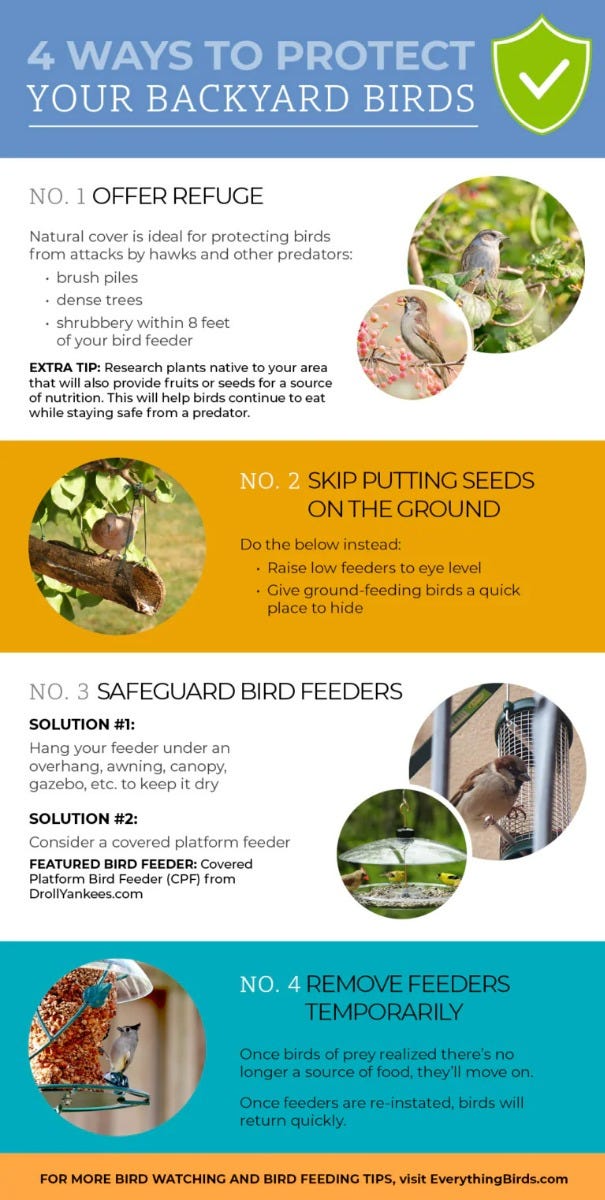
Credit: www.perkypet.com
When To Seek Professional Help
Hawks in your yard can cause problems beyond simple fear. Sometimes, their presence becomes a safety risk for pets or small children. At this point, professional help becomes necessary. Knowing when to call experts can save time and protect your home.
Wildlife Control Services
Wildlife control experts have tools to safely remove hawks. They understand local laws and protect birds while keeping you safe. These professionals use humane methods to keep hawks away. Hiring them prevents harm to both hawks and your family.
Reporting Hawk Issues
Some hawk problems require reporting to local wildlife agencies. These agencies track bird activity and ensure protection laws are followed. Reporting helps control hawk populations in urban areas. It also supports safe and legal solutions for your yard.
How Smart Pets Lover Can Help You with How To Keep Hawks Away From Your Yard
Turning Hawk Deterrence Into a Learning Opportunity
Understanding how to keep hawks away from your yard opens up more than just protective measures—it invites practical learning about wildlife behavior and responsible pet care. Observing signs of hawks in your yard not only helps you identify when to act but also encourages curiosity about their habits and why they visit certain areas. This knowledge deepens your connection to the natural world, aligning perfectly with a pet parent’s desire to create a safe, harmonious environment for their furry and feathered friends.
Combining this with yard maintenance tips offers a hands-on way to maintain a pet-friendly space while subtly discouraging hawk visits. Simple actions like trimming tall trees or removing potential perches become part of a mindful routine that benefits both your pets and local wildlife.
At Smart Pets Lover, we believe every interaction with nature is a chance to learn and grow as responsible caretakers. If ever unsure about the best approach or legal considerations, reaching out to local wildlife experts or animal control can provide guidance tailored to your area. Remember, creating a safe yard is about respect—for your pets and the wild neighbors sharing the space.
Frequently Asked Questions
How Can I Naturally Repel Hawks From My Yard?
Planting tall shrubs and using reflective objects can deter hawks. Hawks dislike shiny, moving reflections and dense vegetation that blocks their view.
What Are Safe Methods To Keep Hawks Away?
Use scare tactics like decoys, reflective tape, or noise makers. These methods are effective and do not harm the hawks or your yard.
Why Do Hawks Visit My Yard Frequently?
Hawks come for prey like small birds and rodents. Open yards with easy hunting spots attract them regularly.
Can Hawks Be Scared Off With Noise?
Yes, sudden loud noises can startle hawks and make them leave. Consistent noise disruptions reduce their comfort in your yard.
Conclusion
Keeping hawks away takes patience and simple steps. Use scare devices like shiny objects or fake owls. Keep your yard clean to reduce food sources. Protect small pets and birds with covers or nets. Watch for signs of hawks returning and adjust your methods.
Staying consistent helps keep your yard safe. These tips create a peaceful space for your family and pets. Small efforts lead to big results. Try different ideas until you find what works best. Your yard can be a safe place again.

